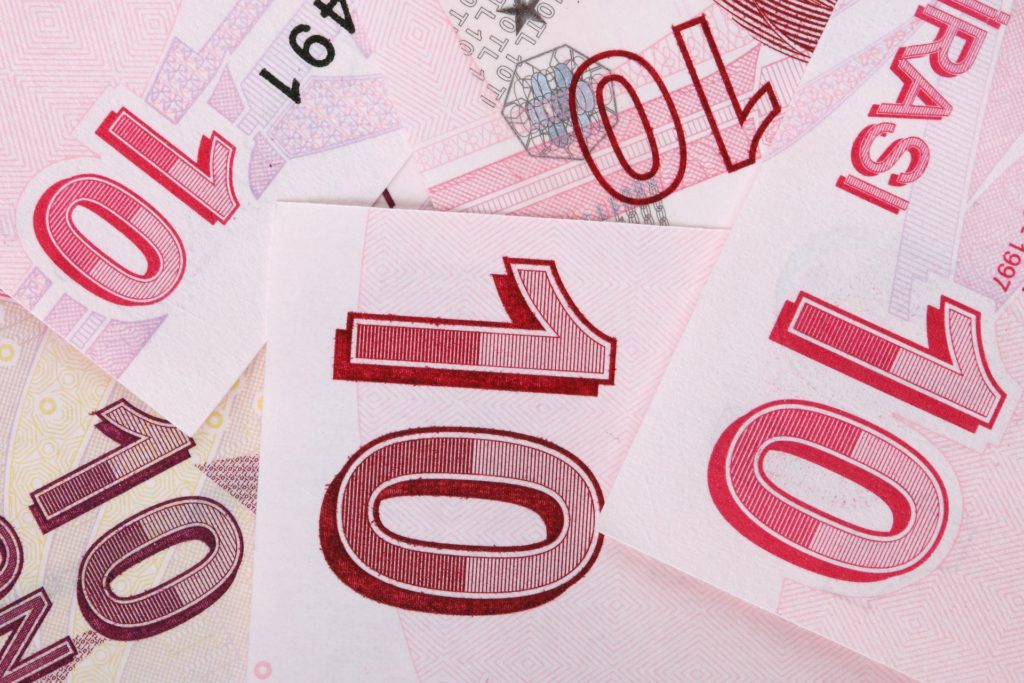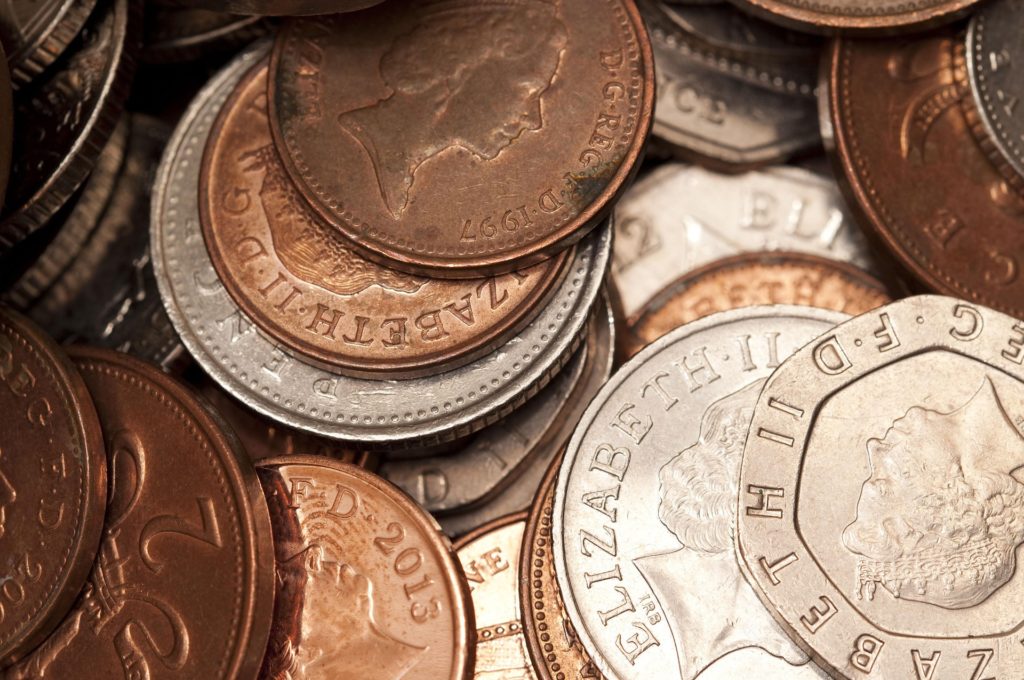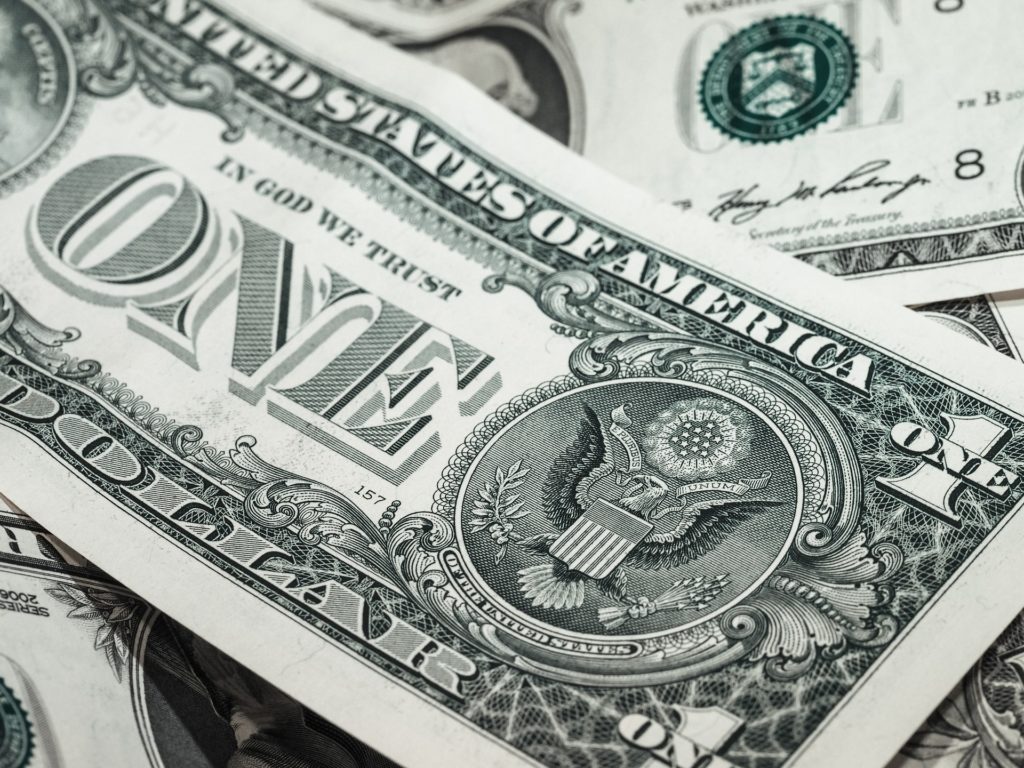So you’ve come to Turkey and plan to stay for a while, or you already live here and have decided to save up some money. This article is intended to provide help and options for what to do with money that you’ve saved, specific to Turkey, assuming that you have already opened or are eligible to open a bank account in Turkey, preferably at one of the big retail banks such as Garanti, Is Bankasi or Akbank.

What are the particular challenges of saving money in Turkey?
Inflation
The greatest difficulty when saving money over the long term in Turkey tends to be inflation. Inflation is the amount that prices rise over time. The inflation rate in Turkey is currently high, around 10 percent. This means that, for example, a loaf of bread that costs you 1 lira this year, may cost you 1.10 lira next year. This also means that money that you save in a checking account or under your mattress buys less, the longer you keep it there. If you come from a Western country, you probably haven’t had to worry as much about this problem, as inflation has been comparatively low for a couple of decades in most places.
Exchange Rates
If you are planning to leave Turkey in the future and take your savings with you, you should also consider the rate of exchange between the Turkish Lira and other currencies. Since the introduction of the New Turkish Lira about a decade ago, the value of the currency has declined at a steady rate (this is related to the issues of inflation above, relative to other countries). What you save this year will likely be worth less when converted to dollars (or other currencies from low-inflation countries) next year than it would be if converted today. Exchange rates are sensitive to instability and uncertainty, political or economic, and can change rapidly just at the moment when you plan to convert your savings and leave.

What are some reliable options for saving money in Turkey?
Savings accounts
All banks in Turkey offer some kind of savings account. They are generally free to open, although Lira accounts are charged a small yearly fee by the government.
Pros:
- All personal savings accounts in Turkey are covered by deposit insurance provided by the government. Savings of up to 100,000 lira can be reclaimed in the event of bank failure.
- Money in these accounts increases at a predictable rate (a set interest rate) and can’t decrease (i.e. extremely low risk)
Cons:
- Aside from “Welcome” rates offered initially by banks to lure new customers, rates on savings accounts are usually well below the current interest rate. So, money left in these accounts will still slowly lose value over time.
- The best savings interest rates are only given if you let the bank “lock in” your money for a set period of time (anywhere from a month to years) or if you have a lot of savings (e.g. more than 100,000 lira). If you withdraw your money during that period, you’ll usually lose the interest earned up to that point.

Government Bonds
Most large banks in Turkey make it quite easy to purchase government bonds, which are essentially loans to the government for which it pays interest, through online banking. Most bonds pay interest at regular intervals during the year (usually twice a year).
Pros:
- Interest paid on government bonds is usually higher than the inflation rate at the time they are purchased. You can also buy bonds that are linked to the inflation rate, ensuring that any spikes in inflation (due to political instability, for example) or hyperinflation, don’t affect the value of your earnings.
- You can usually sell your bonds back to the bank whenever you want, so even if you buy a long-term bond (e.g. 10 years), you don’t have to keep it for the full period.
Cons:
- The price of bonds, if you want to sell them before they conclude naturally, is strongly linked to the overall government interest rates. If interest rates go up (e.g. if the Turkish economy is doing really well), the price of bonds will fall and you may not get back as much as you originally paid. If rates go down (e.g. if the Turkish economy is in crisis), the price of bonds will rise, and you may get back more than you would later by selling early (the less-certain future of bond’s prices is the “con” here, rather than the direction prices go, which may be good or bad for you depending on interest rates).
- Bonds are usually long-term investments, so large changes in interest rates that happen after you buy them can strongly effect their worth when converted into foreign currency later. Luckily, banks here will also sell you Eurobonds, which are the same as normal bonds put priced in a foreign currency instead of lira (usually US Dollars or Euros). Interest rates for Eurobonds are lower, but so are inflation rates for the countries of those currencies, so there is no practical difference here. Unfortunately, there is usually a minimum purchase for Eurobonds (around 10,000 US Dollars).

Other Options
There are many other ways to save and invest in Turkey, but most carry more risk (and potentially more reward).
- Many Turks use the Lira they earn to purchase foreign currency and gold (very easily done through online banking). This usually offers protection from exchange rate and inflation problems, but don’t usually earn much interest. Gold can also be a risky investment.
- The Turkish stock market is generally quite easy to participate in. Buying individual stocks or mutual funds (bundles of stocks) can all be done online and let you benefit when Turkey’s economy is doing well (and lose when it isn’t!). Some mutual funds only invest in foreign companies, which protects your money from drops in the exchange rate, without having to convert money into foreign currency (all mutual funds are priced in Lira).










